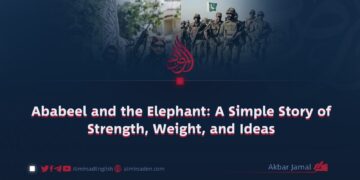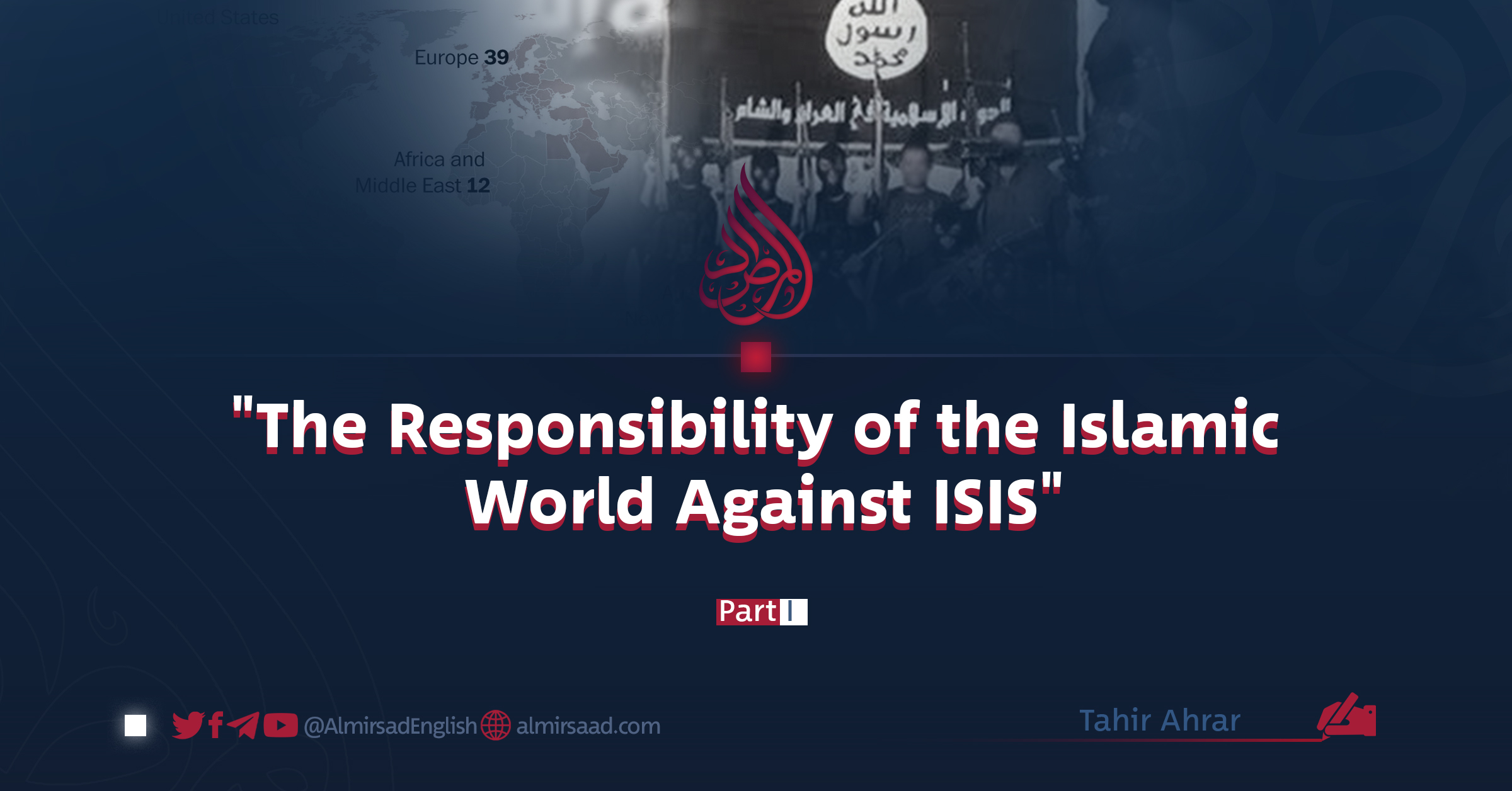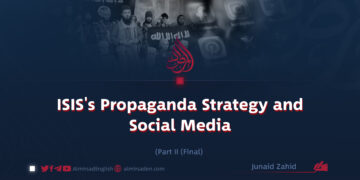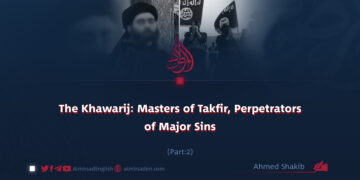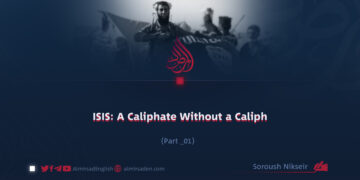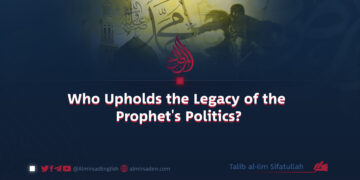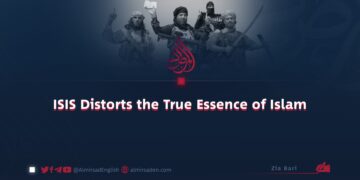Part I
Tahir Ahrar
Allah Almighty says:
وَاتَّقُوا فِتْنَةً لَّا تُصِيبَنَّ الَّذِينَ ظَلَمُوا مِنكُمْ خَاصَّةً ۖ
Translation:
“And fear the Fitnah (trial) which affects not in particular those among you who do wrong….”
Explanation: Beware of suffering that does not only reach those who do wrong among you, but reaches you and others as well.
After the martyrdom of Hazrat Uthman Zul-Nurain, may Allah be pleased with him, the Fitnahs have emerged. Some Fitnahs disappeared as soon as they arose, while others persisted for an extended period due to the benevolent behavior of rulers, nobles, and officials; not only did individuals go astray, but millions of Muslims were affected by the widespread violence, worldly conflicts, and plundering.
After the martyrdom of Hazrat Uthman, may Allah be pleased with him, one day Hazrat Abdullah bin Zubair, may Allah be pleased with him, ascended the pulpit and recited the above verse. He then wept profusely and said, “We were reciting this verse during the time of the Prophet, peace and blessings be upon him, yet we never thought that we would also be the ones on whom this verse would be fulfilled, to the extent that the trial has befallen us.”
The objective of this sacred hadith is that individuals who failed to utilize their authority to prevent the tragedy of Hazrat Uthman’s martyrdom are complicit in the trial.
Let us focus on our responsibilities during this time of fitnah. How much and what are our responsibilities in this era of fitnah?
Hazrat Asma’ Bint Abu Bakr narrates from the Holy Prophet, stating that the Prophet PBUH said, “I will be at my Lake-Fount (Kauthar) and provide water for you to be quenched, and some of my Ummah will be brought to me. When I try to hand them some water, they will be pulled away from me by force, whereupon I will say, ‘O people, these are my Ummah, why did you deprive them of water?’
The voice shall be heard, ‘O Messenger of Allah! Do you not know what they did after you left?’
‘O Messenger of Allah! They turned away from religion and apostatized.’
Ibn Abi Mulaika used to recite this supplication after the prayer: Allah, we seek refuge with You from turning on our heels from the (Islamic) religion and from being put to trial.
The scholars of Hadith state: To turn away from the religion means to misinterpret the religion and make people hate it, and to fall into Fitnah means that one remains silent during fitnahs and does not repel the Fitnahs.
Eliminating Fitnah is the responsibility of every wise and mature Muslim, from ordinary individuals to leaders.














